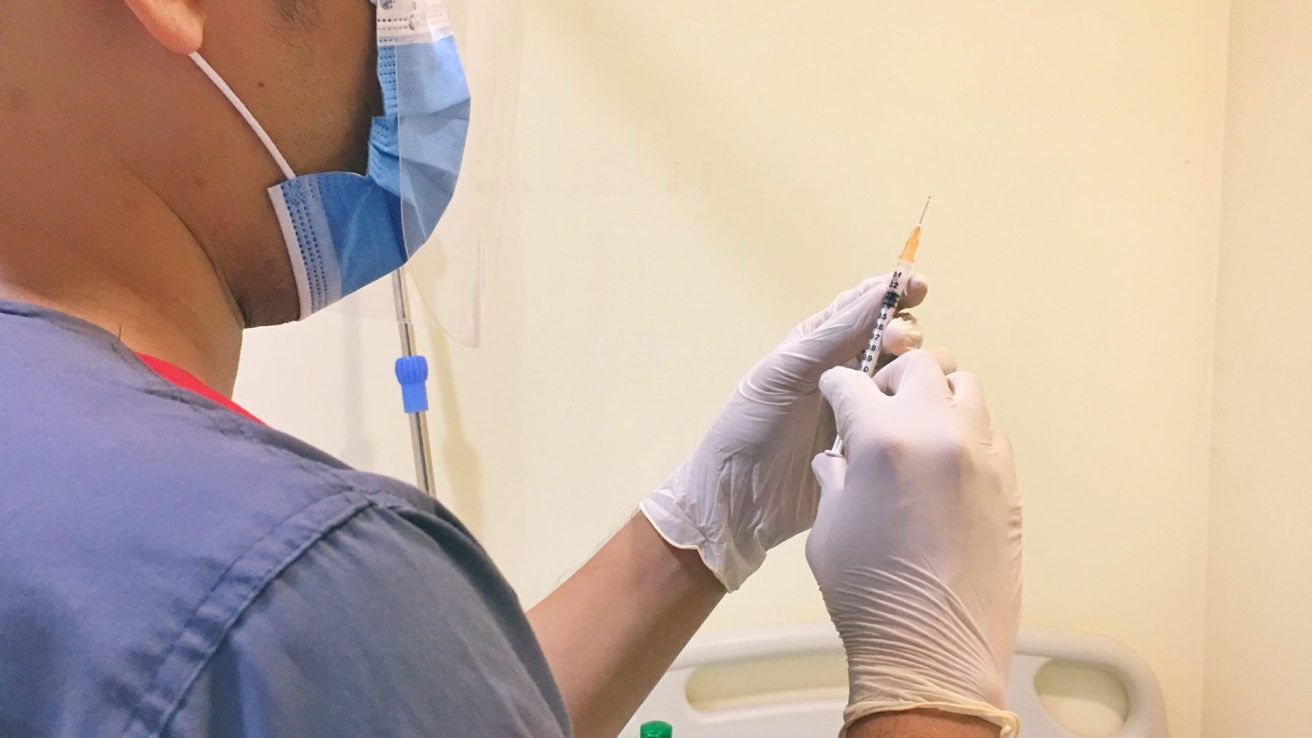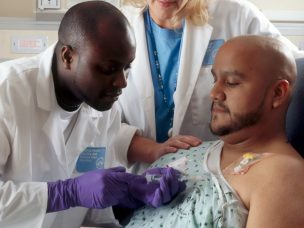As discussed in Part 1 of this two-part article series, more than one out of every thousand Americans have died from COVID-19. The U.S. single-day death record continues to climb, and global vaccination and herd immunity cannot come soon enough. Since the SARS-CoV-2 vaccines came out last month, many Americans, particularly racial/ethnic minorities, have been left with more questions than answers about these vaccines. Here’s what we still don’t know.
The Pfizer/BioNTech and Moderna SARS-CoV-2 vaccines were released with an emergency use authorization (EUA). An EUA signifies that the FDA determined the known benefits of the vaccines outweigh the unknown risks and the risk of contracting COVID-19. The vaccine clinical trials have had more than 30,000 participants each and reported around 95% efficacy at preventing SARS-CoV-2 infection. However, these trials have not yet included enough diverse groups for us to be able to apply their results to everyone.
Another complicating factor regarding the efficacy of these vaccines has emerged: new strains of SARS-CoV-2. More infectious SARS-CoV-2 variants have been identified in the U.K., South Africa, Brazil, and the U.S. It is not yet known how many mutations to the virus the vaccines can withstand without losing efficacy.
To date, there have been no serious, long-term side effects associated with the Pfizer/BioNTech and Moderna SARS-CoV-2 vaccines. But reports of an increased number of SARS-CoV-2 vaccine-related allergic reactions of unknown cause are only serving to stoke more fear and hesitation surrounding vaccination, especially among racial/ethnic minority communities [1].
A study from the Journal of Public Health commented on this problematic situation. It found unique barriers to SARS-CoV-2 vaccination among racial/ethnic minority populations and vulnerable groups, including lack of access to vaccination, lack of information concerning kosher and halal certification of vaccine ingredients, mistrust given past medical research that harmed minority groups, and unwanted disclosure of documentation status and health conditions.
The study concluded that there is an urgent need to further explore SARS-CoV-2 vaccination perceptions among racial/ethnic minority communities and other vulnerable groups. A call to action is made, advocating for greater recruitment and inclusion of racial/ethnic minorities in SARS-CoV-2 vaccine clinical trials [2].
Sources:
[1] Castells, M. C., & Phillips, E. J. (2020). Maintaining Safety with SARS-CoV-2 Vaccines. New England Journal of Medicine, 1–7. https://doi.org/10.1056/nejmra2035343
[2] Ekezie, W., Czyznikowska, B. M., Rohit, S., Harrison, J., Miah, N., Campbell-Morris, P., & Khunti, K. (2020). The views of ethnic minority and vulnerable communities towards participation in COVID-19 vaccine trials. Journal of Public Health, 1–3. https://doi.org/10.1093/pubmed/fdaa196










